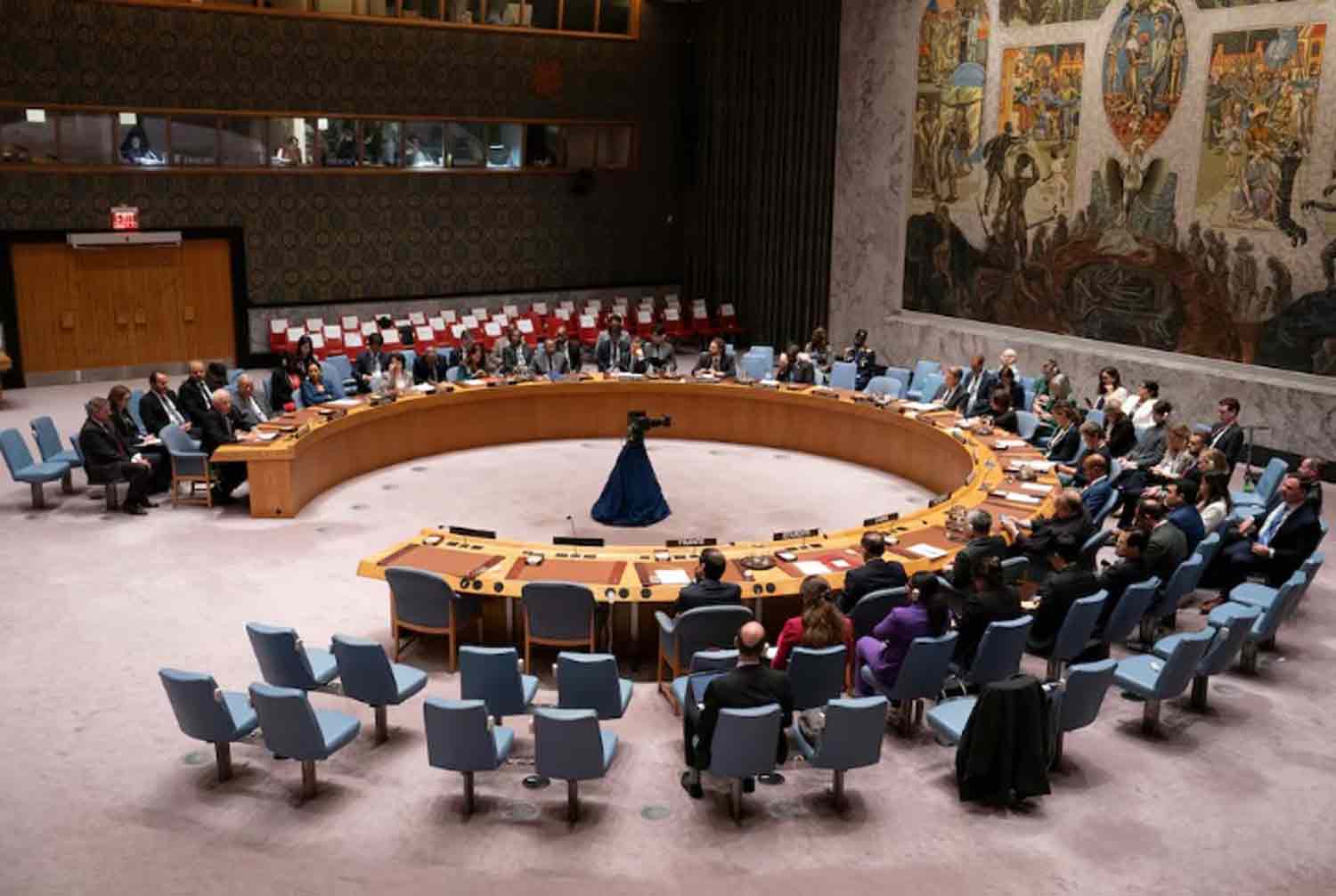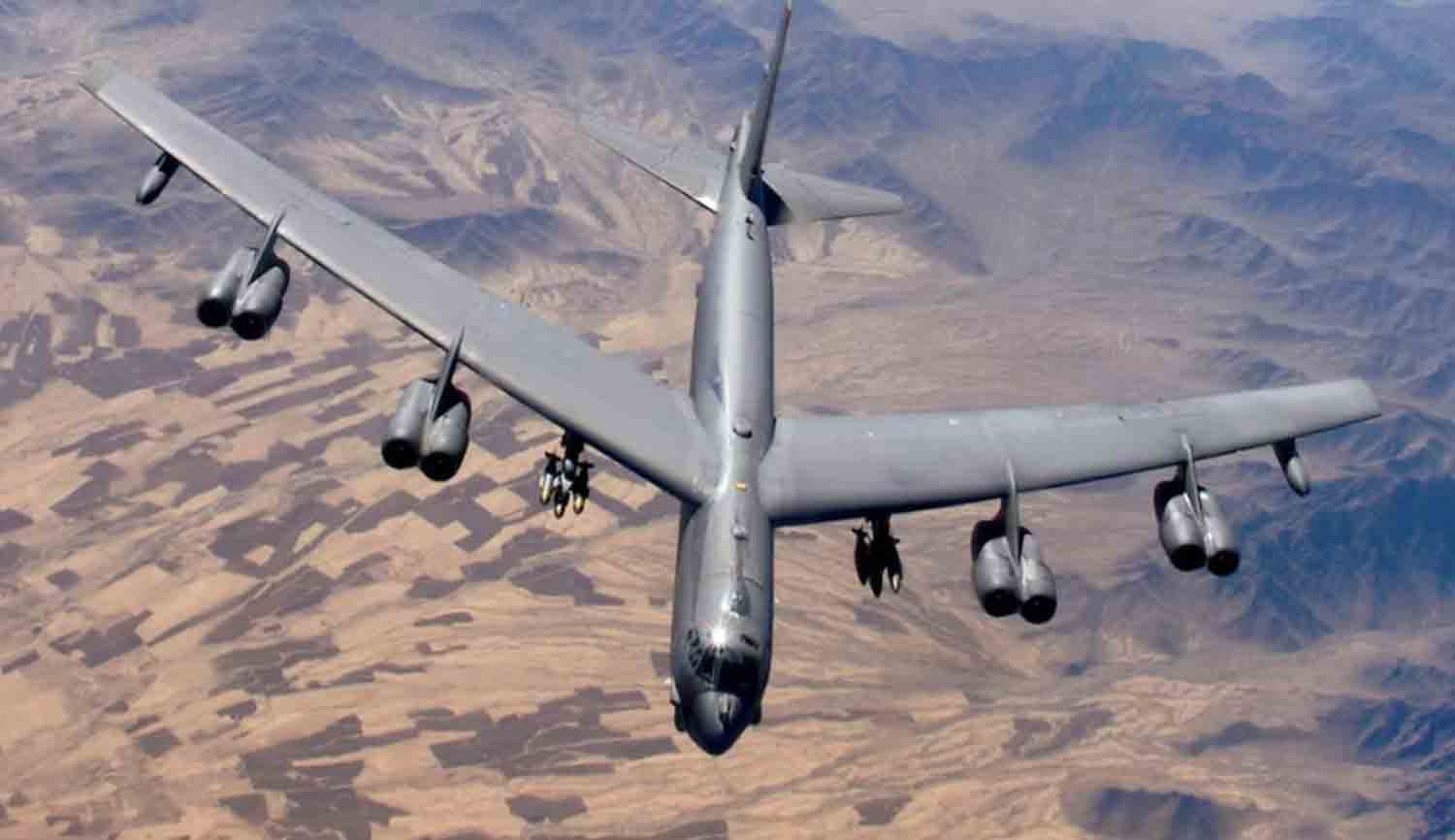Israel’s military leaders are increasingly indicating that the nation has reached its military objectives in Lebanon and Gaza, suggesting it is now time for political negotiations to take place.
This development coincides with statements from Lebanon’s prime minister, who has indicated that a ceasefire between Hezbollah and Israel may be on the horizon. Additionally, both candidates for the upcoming American presidency have expressed their desire to avoid having the conflicts in Gaza and Lebanon dominate their agendas upon taking office.
During a meeting with officers in northern Gaza, where one of the military’s most intense operations is underway since last year’s invasion, the Chief of the General Staff, Herzi Halevi, made a notable suggestion that the military operations in both regions should come to a close. He remarked, “In the north, there’s a possibility of reaching a sharp conclusion,” referring to the conflict with Hezbollah in Lebanon. Regarding Gaza, he noted, “if we take out the northern Gaza Brigade commander, it’s another collapse…. I don’t know what we’ll encounter tomorrow, but this pressure brings us closer to more achievements.”
The definition of what those achievements should entail remains a topic of significant debate.
Israeli Prime Minister Benjamin Netanyahu has consistently asserted his commitment to achieving “absolute victory.” However, his defense minister and long-time political rival, Yoav Gallant, has expressed skepticism regarding this objective. In August, during a private meeting of a parliamentary committee, he described the notion of “absolute victory” in Gaza as “nonsense,” as reported by Israeli media.
Gallant’s critical perspective on Netanyahu’s war aims was formalized earlier this week when he allegedly sent a confidential memo to the prime minister and his cabinet, indicating that the war had deviated from its intended path.
He stated, “The current situation in which we operate, without a valid compass and without updated war objectives, undermines the management of the campaign and cabinet decisions,” according to Israel’s Channel 13.
In his memo, Gallant emphasized that Israel should focus on securing the release of remaining hostages, eliminating any military threats from Hamas, and fostering civilian governance. This approach significantly contrasts with the current, more ambitious goal of dismantling Hamas’ military and governance structures.
CNN reached out to the Israeli defense ministry for comments regarding the memo, but a spokesperson for the prime minister chose not to respond.
Lebanon’s caretaker Prime Minister Najib Mikati expressed optimism on Wednesday regarding the possibility of a ceasefire between Hezbollah and Israel, suggesting it could be reached “within the next few hours or days.” This statement followed his discussions with US envoy Amos Hochstein, who arrived in the region on Thursday.
For the past month, Israel has conducted an extensive bombing campaign across Lebanon, resulting in the death of Hezbollah’s elusive leader, Hassan Nasrallah. In his remarks, Mikati noted that Hezbollah appears to be shifting its stance, no longer insisting that its conflict with Israel must end only after the situation in Gaza is resolved. This change could facilitate a ceasefire even while the Gaza conflict continues.
A source familiar with the Israeli government’s perspective told CNN, “There is currently a desire to exit the war in Lebanon while we are still in a favorable position.”
Israeli Defense Minister Yoav Gallant stated that both Hamas and Hezbollah have been rendered ineffective as Iranian proxies. “These two organizations, Hamas and Hezbollah, which were developed over the years as a long arm against the State of Israel, are no longer a viable tool for Iran,” Gallant remarked during a memorial service on Sunday. He emphasized the importance of fulfilling moral obligations to bring captives home, acknowledging the difficult compromises that may be necessary.
Netanyahu has maintained a resolute stance. As the Knesset, Israel’s parliament, reconvened this week, the prime minister reiterated his ambitious objectives, suggesting that he is not inclined to reach a resolution in the near future: “The absolute victory is an orderly and consistent work plan that we fulfill step by step,” he stated.
At the same time, indirect negotiations between Israel and Hamas are taking place in Qatar for the first time in two months. Netanyahu’s office announced on Monday that if a limited proposal—such as a brief ceasefire in exchange for the release of hostages—were presented, “the Prime Minister would accept it on the spot.” However, a source familiar with the discussions informed CNN that Netanyahu remains unwilling to provide any definitive commitments toward a larger agreement to conclude the conflict.
According to another official acquainted with the negotiations, “The most important war goal has not been achieved, which is bringing the hostages home. Gaza will not end until the hostages are home.”
Discover more from Defence Talks | Defense News Hub, Military Updates, Security Insights
Subscribe to get the latest posts sent to your email.





